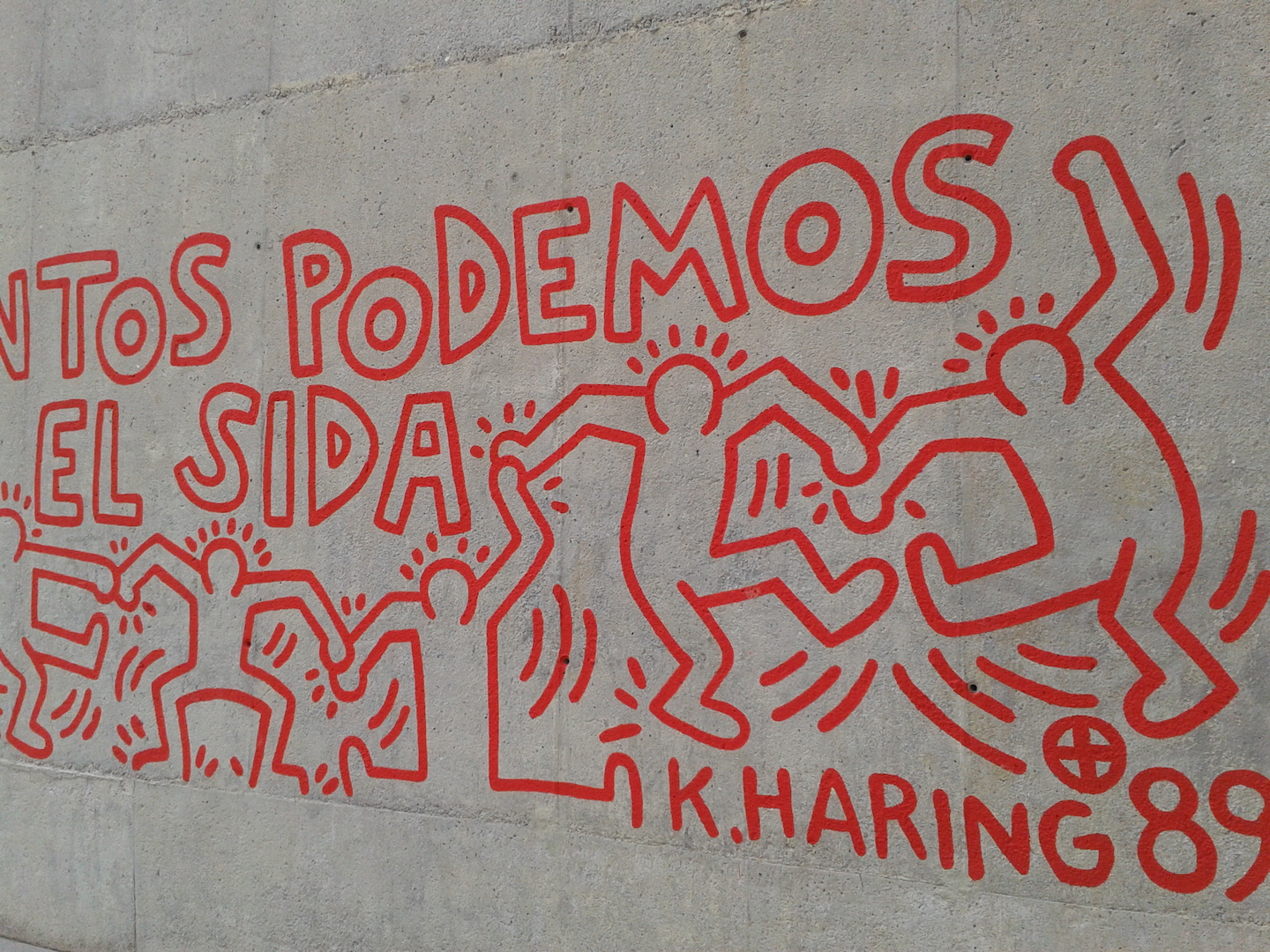 Over the past year, I’ve devoted a considerable amount of time to researching various aspects of the AIDS crisis, including some of the earlier political movements and the artistic legacies of numerous visual artists and filmmakers. It’s also a year where I’ve personally become more aware of, and vocal in, discussing sexual practices and sexual health. From starting PrEP to challenging some assumptions about what contemporary queer male sexual practices are like, I found my own experiences at the forefront of these discussions because I’ve been frustrated by the absence of stories from younger men like myself.
Over the past year, I’ve devoted a considerable amount of time to researching various aspects of the AIDS crisis, including some of the earlier political movements and the artistic legacies of numerous visual artists and filmmakers. It’s also a year where I’ve personally become more aware of, and vocal in, discussing sexual practices and sexual health. From starting PrEP to challenging some assumptions about what contemporary queer male sexual practices are like, I found my own experiences at the forefront of these discussions because I’ve been frustrated by the absence of stories from younger men like myself.At the same time, I’ve realized that my experiences alone are inadequate in really changing educational models surrounding HIV/AIDS and sexual health. At the same time, they’re also inadequate in curbing new HIV infections. In the months since I’ve traveled Europe, I’ve recognizing how we continually fail to place personal narratives and historical remembrance as important in the fight against the spread of HIV/AIDS. Given the tremendous medical progress we’ve made, it’s clear larger socioeconomic and racial factors fuel 50,000 new HIV infections yearly, with the bulk of these infections occurring in men under the age of 30.
My new project, Our Viral Lives, has a few main objectives it sees as important in changing how we talk about HIV/AIDS and what we can do to leverage the potential of these stories to create lasting change. These objectives are:
- To drive HIV/AIDS education through stories of younger queer men, focusing on sexuality and sexual health beyond the most obvious HIV-prevention strategy: condom use.
- To highlight and profile the efforts of activists, clinicians and other leaders, with particular emphasis on work in Black and Latino-focused organizations or other more vulnerable populations.
- To use responsive, clean design to create a digital archive that is more universally accessible, meaning that it is available regardless of where someone lives.
- To use these various efforts to end stigma, fear and shame surrounding sexuality by opening up less caustic and more honest dialogues that are currently absent, even among these men.
- Ultimately to bring together diverse individuals, histories and success stories to leverage new educational and social campaigns that reduce infection rates & strengthen access to services for people living with HIV/AIDS.
Our lives, as I see it, are a positive tool in getting us to zero. We have personal narratives, rich artistic legacies, and contemporary displays of activism that will tremendous impacts on the everyday sexual lives of queer men. Our Viral Lives seeks to let these positive depictions and honest conversations go viral in the best possible way. We might have a lot of work to do in stopping HIV/AIDS, but I believe it is possible if we build new types of communities and educational models.
If you have a story you want to share, or you want to help me in any other way possible, please contact me. I cannot do this alone. The more voices we have, the richer and more powerful this new archival project will be.







2 Comments
2 Comments